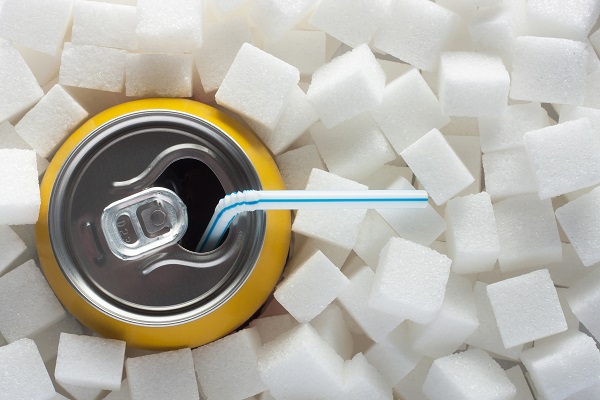'Sugar tax' already working, say health campaigners

The price of high-sugar soft drinks in the UK is set to rise by up to 25% under the newly introduced 'sugar tax', in a bid to prevent obesity and related diseases, such as diabetes and certain cancers.
The tax was first announced in the 2016 budget but has only just come into force, along with minimum pricing rules for alcohol in Scotland next month.
The government is particularly concerned about obesity among children and young people, with teenagers consuming more than three times the recommended amount of free sugar.
But health campaigners said that the sugar tax has already begun to work by pushing manufacturers to reduce the sugar content of their drinks.
The sugar tax adds 18p per litre on drinks that have a total sugar content of 5-8g per 100ml – a sugar content of 5-8%.
For drinks with a sugar content of 8g or more per 100ml – a sugar content of 8% or above – the tax adds 24p per litre to the cost.
Fruit juices will not be taxed as they don’t contain added sugar, and neither will drinks with a high milk content.
The charity Cancer Research UK estimates that around half of drinks that would have been taxed have reduced the level of added sugar in their recipes.
Supermarkets Asda, Morrisons and Tesco have announced that they have cut the amount of sugar in their own-brand drinks to below the taxable level.
However Coca-Cola has not changed its recipe, meaning it will be taxed at the higher rate with a 10.6% sugar level.
Manufacturers have also changed recipes in the small number of other countries, such as Mexico, Finland, and France, which have introduced similar schemes, the charity noted.
Malcolm Clark, policy manager at Cancer Research UK, said: “Even before its formal introduction the levy has already had a significant effect, encouraging many of the biggest companies to go further and faster in changing their recipes to reduce the sugar in their drinks.”
Clark wants the government to introduce further measures, including reducing sugar, salt, and fat levels in everyday foods, ending price promotions for unhealthy food and drink, and restricting junk food ads on TV before 9pm.
“The government should look at expanding the use of taxes to other products to tackle obesity and diet-related ill health, and at how the funds can be used to tackle health inequalities,” said Clark.












